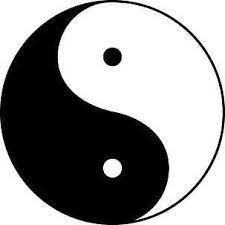Mr. Ed
Be what you is not what you what you ain’t
- Location
- Central NY
Growing up I made a mess of my life just living the best I could.
Church and my dad were a big part of my life, I was angered by being forced to attend everything related to the church.
I had doubts back then about the effectiveness of the church with dad at the helm preparing for the next storm between heaven and hell, sinners and saints.
The conflict of good and evil have been at odds against each other since according to the bible,
Adam and Eve disobeyed god in the garden of evil.
This is the story I grew up with, but overtime I questioned the validity of the bible and what Christianity claims as true. Believer's faith cannot be validated by conventional methods such sight, sound or touch. Without imagination faith based belief has no tangible merit to sustain these things as true or physically real.
I feel betrayed by parents playing out their lives and beliefs in fear of god and the misery of sin they desperately tried to avoid. Christianity made me miserable. My parents were miserable and going to church reinforced the miserable life we were to enjoy.
Church and my dad were a big part of my life, I was angered by being forced to attend everything related to the church.
I had doubts back then about the effectiveness of the church with dad at the helm preparing for the next storm between heaven and hell, sinners and saints.
The conflict of good and evil have been at odds against each other since according to the bible,
Adam and Eve disobeyed god in the garden of evil.
This is the story I grew up with, but overtime I questioned the validity of the bible and what Christianity claims as true. Believer's faith cannot be validated by conventional methods such sight, sound or touch. Without imagination faith based belief has no tangible merit to sustain these things as true or physically real.
I feel betrayed by parents playing out their lives and beliefs in fear of god and the misery of sin they desperately tried to avoid. Christianity made me miserable. My parents were miserable and going to church reinforced the miserable life we were to enjoy.



